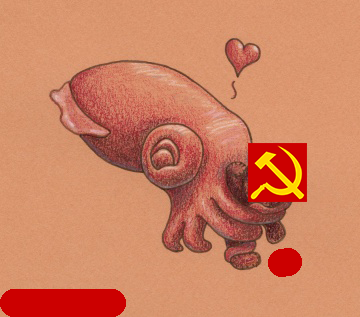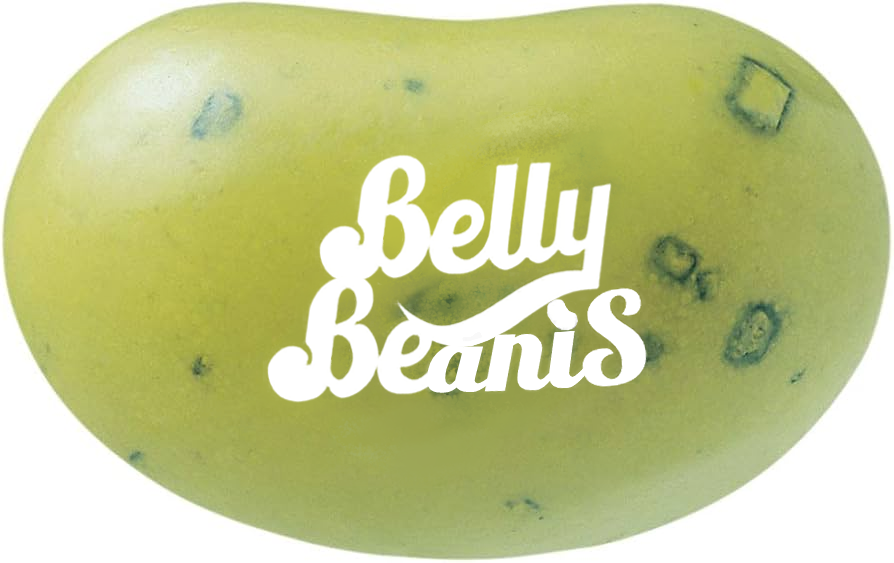Lots of funny, bad takes in here.
A liberal is one who espouses liberalism, which of course provokes the next question: what is liberalism? It’s a political philosophy deriving from the Latin word “Liber,” which means “free.” So liberalism is about protecting and expanding individual freedoms against anything that seeks to diminish them.

Wonder where the “individual” part snuck in to that syllogism . . .
Literally just a “Please buy my book” post lmao, reddit is such a fucking joke
Question before I consider taking anything he says seriously: does the guy seem to understand the difference between liberals and leftists?
Great question. I think the word “liberal” has been abused for so long that one way to get large swaths of Americans to turn against you is to call you “a liberal.” In 2009 some researches asked this question: why do Americans largely support liberal policies (medicare, a strong social security network, economic redistribution, etc) but refuse to call themselves “liberal”? The answer is what I detail in my book–it was a character assassination–they were attacked from the right, the left, civil rights activists, and lots more. This splintered the unity of the left and the center-left, meaning they are not as unified as those on the right. The right has been so successful because of their remarkable unity, despite the fact that much of what they propose polls unfavorably. Plus, there’s just something wishy washy about the liberal tradition of talking things through and not having deep principles founded in religious faith or national identity.
Great question. A liberal is one who espouses liberalism, which of course provokes the next question: what is liberalism? It’s a political philosophy deriving from the Latin word “Liber,” which means “free.” So liberalism is about protecting and expanding individual freedoms against anything that seeks to diminish them. The bad guys have changed over time, meaning the focus of liberalism has changed over time. When it was the yoke of the Catholic Church that was denying individual freedom (say starting in the 16th and 17th centuries), liberals attacked it, favoring religious tolerance and free expression. When it was kings and queens (in say the 18th and 19th centuries), liberal attacked them, favoring democracy and representative governments and the protection of individual rights. In the 20th and 21st centuries (since the rise of the Industrial Revolution) it has been big business and oligarchs who are denying widespread individual freedoms, so liberals have focused their attacks on redistributing the economy and regulating capitalism. As some posters have commented here, that brought it closer to socialism then ever before, and that’s true. So liberals are those who evoke the spirit of protecting individual freedom, while being well aware that because those in power are so strong there will be some collective efforts required (taxation, social security floors, etc.). It’s a spirit, though, not a set of policies–a fact that is both a great strength and a great weakness.
 no
noPlus, there’s just something wishy washy about the liberal tradition of talking things through and not having deep principles founded in religious faith or national identity.
This person is just granting a huge amount of legitimacy to fascism for no reason, completely uncritical of the wishy-washy nature of religious dogma or national identity.
This person is just granting a huge amount of legitimacy to fascism for no reason
Yep, sounds like a liberal.
But they don’t talk things through, they just pat themselves on the back after trading cliches to reaffirm what they already believe.
The notion that liberals actually engage in discourse regarding the policies they advocate for was invented by liberals to sell books and adspace.
In reality they would love to go WH40K on everyone with shouting “HERESY!” and burning people, but this way is less tiring, more profitable and don’t require so much organising.
They coyly dipped their toes into it with all that ‘orc’ shit, that’s for sure
lmfao. Can’t take this dude seriously. Thank you for sifting through that garbage so I didn’t have to

To add some nuance, the author seems to be a progressive liberal. He vaguely understands that leftists hate capitalism and liberals often don’t. Still I wouldn’t read him, though.
When the left hates on liberals for being beards of capitalism who love banks more than people
Ok, very slightly redeeming.
If he doesn’t, it’s very, very funny that he wrote an entire essay designed to sell a book when he literally doesn’t even understand the basic premise of the question.
The bad guys have changed over time, meaning the focus of liberalism has changed over time. When it was the yoke of the Catholic Church that was denying individual freedom (say starting in the 16th and 17th centuries), liberals attacked it, favoring religious tolerance and free expression. When it was kings and queens (in say the 18th and 19th centuries), liberal attacked them, favoring democracy and representative governments and the protection of individual rights. In the 20th and 21st centuries (since the rise of the Industrial Revolution) it has been big business and oligarchs who are denying widespread individual freedoms, so liberals have focused their attacks on redistributing the economy and regulating capitalism.

I scrolled through 3 comments and couldn’t take it. The guy is a scholar of religon, with great hits like: https://global.oup.com/academic/product/tri-faith-america-9780195331769?q=Tri-Faith+America%3A+How+Postwar+Catholics+and+Jews+Held+America+to+its+Protestant+Promise&lang=en&cc=us (lmao yikes)
“Addresses the shift from distinctions of religion to those of race in postwar America.” HHHHMMmm…
Tri-Faith America also shows how postwar Catholics and Jews used the new image to force the country to confront the challenges of pluralism. Should Protestant bibles be allowed on public school grounds? Should Catholic and Jewish fraternities be allowed to exclude Protestants? Should the government be allowed to count Americans by religion? Challenging the image of the conformist 1950s, Schultz describes how Americans were vigorously debating the merits of recognizing pluralism, paving the way for the civil rights movement and leaving an enduring mark on American culture.
Certainly and interesting? interpretation of events, I guess.
$95 for this slop I hope he starves
$95 for a book? Is that vellum codex illuminated and written by hand?
The demand to end segregation after the Civil War began almost immediately after the Civil War. Jackie Robinson was a major push forwards in exposing whites to desegregation. Then, of course, WWII where non-white combat units performed exceptionally, leading to desegregation in the military.
“Catholics paved the way for the Civil Rights movement” is some real white savior bullshit.
I don’t understand what he’s trying to say here so I also don’t understand the exactly problem with it besides a general “this sounds like bullshit made up by an academic in order to justify having an academic career.” Is there something I should be be getting?
It’s not even that deep. It’s a blowhard that wrote a bunch of books hawking their own merch. That’s it.
This guy is insufferable. I imagine it was easy to write an entire book given how long-winded and bloviating he is about literally everything. All filler, no killer.
“By the way, BUY MY BOOK! I wrote a book that goes into this topic that I’m about to write an essay on as a comment post, but if you want to know more you can buy my book. Did I mention I wrote a book, that you can buy? Buy it now!”
No thanks. I’m good.

aaand ctrl f neolib…
back when I was a polisci major in undergrad (let’s just say that Galbraith and Rawls were still alive at that point), “neoliberalism” basically only meant the school of international relations that Robert Keohane belonged to.
It’s now taken on quite a different meaning as a shorthand, starting in 2008 or so and really after 2016. But does it obscure more than it illuminates? Like the term is associated with a specific school of 20th century economists, but it’s interesting to treat every national politician from Reagan and Thatcher onwards as “neoliberal”. Or are people just drawing on “neoconservative” or assume something neo is bad?
ooh boy,
for this one, you’ll have to read my Chapter 7. I spend a whole chapter unpacking this!
BOOOO!
Liberals having no understanding of the difference between base and superstructure, exhibit

The word neoliberal means little in colloquial use except as an insult.
It’s a damn good insult.
Lol, not even a full page down and people are arguing about the Enlightenment
 Us liberals are just so much better and sexier so everyone is jealous.
Us liberals are just so much better and sexier so everyone is jealous.Asks liberals why everyone hates liberals

A Reddit link was detected in your post. Here are links to the same location on alternative frontends that protect your privacy.
















